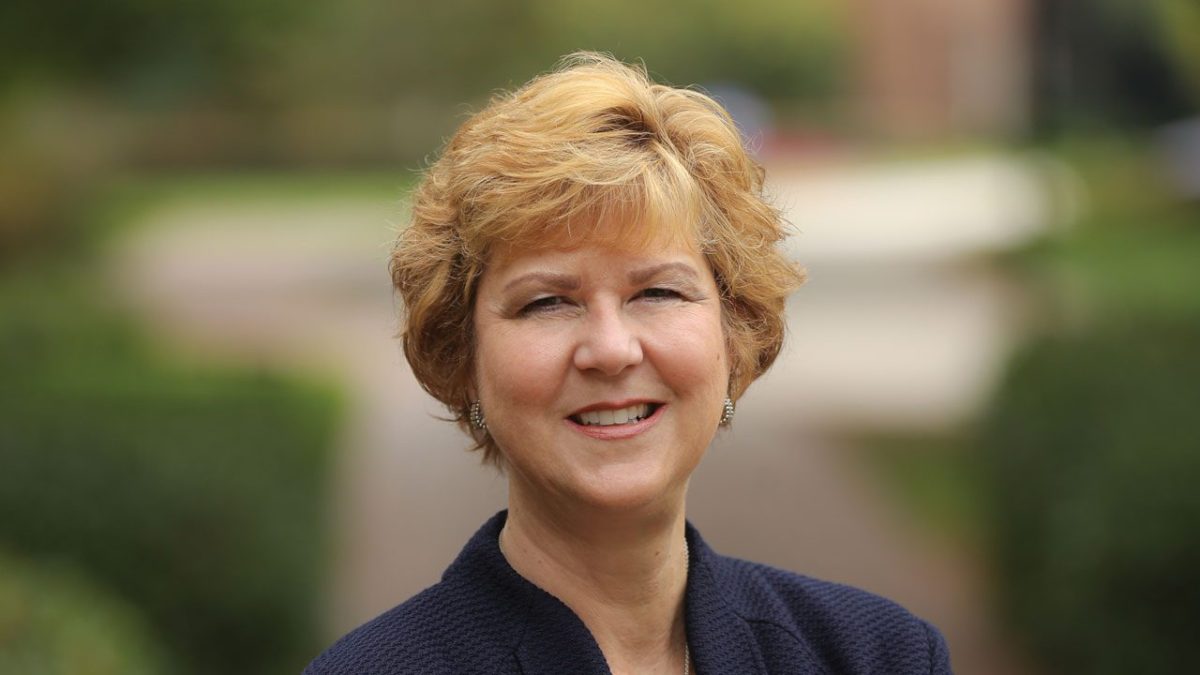During a regularly scheduled faculty meeting on Tuesday, Sept. 24, faculty learned from Interim President Carl Kohrt just how bad the budget deficit is projected to be for the 2014-2015 fiscal year.
It’s currently estimated at $6.4 million, though the figure is likely to change as the administration gathers more information.
The reason for the deficit stems from an increase in the amount of financial aid the university awarded to the class of 2017 and the amount it expects to award to the class of 2018. The increase in financial aid awards was driven by a $2 million financial aid stimulus approved by the Board of Trustees, which will continue for four years for a total of $8 million.
Forrest Stuart, Associate Vice President for Financial Aid, said the stimulus allowed admissions “to meet higher percentages of demonstrated need than [they] were able to do in the past two years, as well as increase the selectivity and academic qualifications of the entering class.”
For this academic year “approximately 85 percent of students received some financial aid package” said Interim President Carl Kohrt. The total cost of a Furman education minus financial aid awards — the average “discount rate” for incoming freshmen this year — was possibly the highest in the university’s history at “up to 50 percent,” Kohrt said.
Financial aid awards, excluding federal aid, are funded solely by the university.
Furman’s primary source of revenue is tuition, as opposed to comparable universities that primarily rely on large endowment funds. The financial aid stimulus, while beneficial to students and to the university’s academic reputation, has ultimately resulted in a large deduction from an important revenue source. Kohrt said this loss of revenue contributed the most to the current budget deficit for the 2014-2015 fiscal year.
Other programs have also contributed to the $6.4 million budget deficit, including the addition of both men’s and women’s varsity-level lacrosse teams, which Kohrt said required a large investment.
But outside the financial aid stimulus, most of the contributing factors to the budget deficit were the result of financial issues for programming that would over time. For example, the university has had to support programs that were initially funded by grants when the grant funding ended.
While the budget deficit is significant, the university is taking steps to close it while maintaining support for programs. Mary Lou Merkt, Vice President of Finance and Administration, said the administration is working “to have the gap closed by the start of the next fiscal year: July 1, 2014.”
Kohrt said the gap will be filled by a balance of “new revenue [in the form of grants] and by being more attentive to costs.”
The university has established four joint working groups of faculty, staff, and administrators that are working to determine how to better handle university revenues and costs in academic and non-academic programs. Two of the groups are devoted to analyzing costs while the other two analyze revenue.
“This is the way we’re going to fix this,” Kohrt said.
Kohrt said outside rankings also give the university reason for hope. In a recent article entitled “Is Your College Going Broke?,” Forbes magazine gave Furman an “A” grade by their financial health checklist. Furman was ranked 75th in the magazine’s review of over 900 private universities in the United States and in the top 10 percent of institutions nationwide.
In February, the Board of Trustees will meet to define the tuition rate and specify a finalized budget for the 2014-2015 fiscal year, and Kohrt said he remains optimistic about the university’s well-being.
In closing the deficit, “all of the decisions need to include the faculty more so than they’ve already done,” Kohrt said, adding “everyone will be touched [and] everyone will contribute.”



























